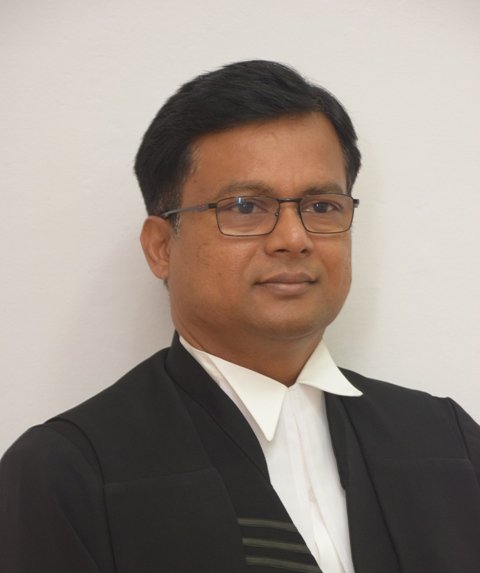The High Court of Karnataka today expressed the prima facie view that State Government orders of banning online classes encroached upon the Fundamental Right to Life and Education under Article 21 and 21A of the Constitution of India.
A division bench comprising of Chief Justice Abhay Srinivas Oka and Justice Nataraj Rangaswamy observed,


“Prima facie we are of the view that both orders of June 15 and June 27, encroached upon the Fundamental Right conferred by Article 21 and 21A of the Constitution of India.”
The Court said that the executive orders of the Government cannot interfere with the fundamental rights under Articles 21 and 21A.
Therefore, the bench passed an interim direction staying the government orders dated June 15 and June 27 to the extent that they imposed ban/embargo on conduct of online classes by the schools from LKG to Class X.
“There cannot be any dispute that academic term for this year has already commenced. Only way of providing education was by providing facility of online coaching/online training”, the bench said.
The bench noted that there was no “rational basis” for passing orders banning online education.
The fact that state is not able to extend online education to certain category of schools is not a ground to hold back the so-called elite school from extending online education to their students, added the bench.
The Government order dated June 15 stated that no schools should impart online education until the expert committee constituted by the Government submitted its suggestions regarding the viability of online classes.
Later, the Government modified the order on June 27 thereby allowing online classes for limited hours for students from lower KG to Standard V, following the guidelines laid down by the authorities.
The State argued that the ban was only an interim measure, until the government explored other viable options to ensure that no student was deprived of education on account of lack of access to internet.
As per statistics submitted by the Government, there are around 1.45 crore students in the state. Around 44 lakh students are enrolled in government schools, 13.60 lakh in private aided schools and around 45 lakh students are studying in private unaided schools. Among them, 58.61 lakh students are in urban areas while 45.88 lakh students are in Rural areas.
Advocate General Prabhuling Navadgi submitted :
“It is the state’s endeavour to ensure that not a single student is deprived of education. If eight students are taking online classes and two are not, then they will be left out. These are all factors which need to be considered. The students between 0-6 years is a more delicate subject which needs to be dealt with not only from the point of view of education or fundamental rights but also child psychology. How Children are going to react to online classes?. Because kindergarten is not only about schooling but more about parenting. These are formative years, whatever we teach them today will lay the foundation of their personality”.
Senior Advocate Uday Holla and Advocate Pradeep Nayak, appearing for the petitioners.
The petitioners also raised the argument that the government lacked powers to control the schools affiliated to CBSE/ICSE boards.

